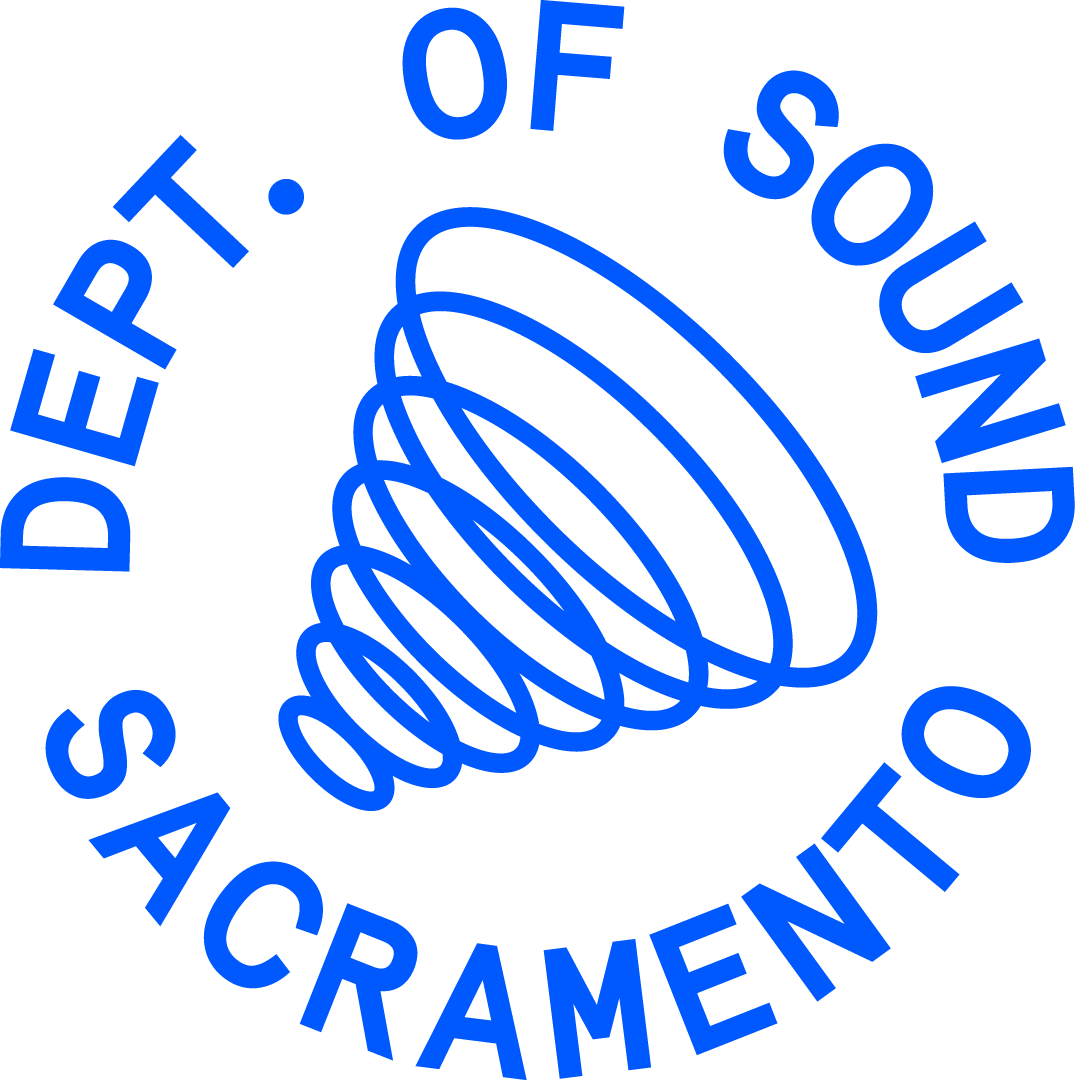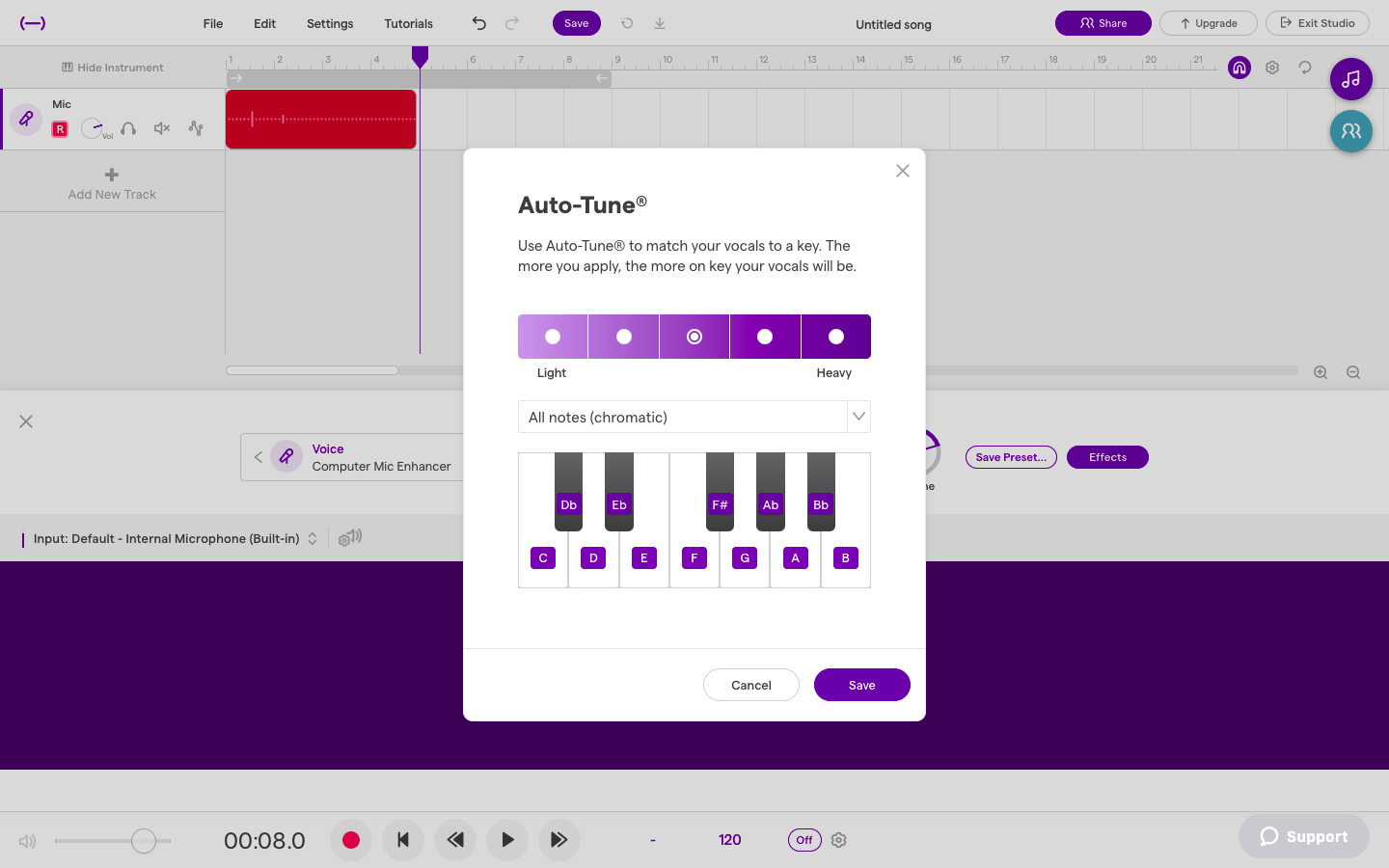How to Make Your Vocals Stand Out
To help make your vocals stand out, follow some of these simple but effective techniques!
Find your styleWhen you think about artists such as Adele, Michael Jackson, Gwen Stefani, you can distinguish their voices almost instantly on the radio. Voices can range in characteristics such as one that is breathy and smokey, to one that is staccato and charged. Experiment with these various characteristics.
Breathe from your RibsSinging from your head voice is often the default as it is how we talk on a daily basis with others. To reach your voice’s utmost potential, try to access an even deeper breath. Focus on expanding the belly and rib cage rather than just your upper chest. You may be surprised to be able to hit new notes that you didn’t know were possible!
EffectsAside from working within yourself to project a stellar voice, consider incorporating these techniques in the production stage.
Pitch correction toolsNo professional is perfect with hitting every pitch, well maybe John Legend and few others are exceptions, but the point is...don’t be afraid to add pitch correction. Even beyond fixing the pitch, pitch correction tools can extend the voice into a new sound that fits into your desired genre.
Here’s how you can use Soundtrap for pitch correction. After recording a vocal, hover over the track and click ‘edit’ and select ‘autotune.’
Vocal effect automationThe instrumentals and vocal sounds should be in harmony, allowing space at times for each to shine. Are there parts in the song where the instrumentals fade away? Can you increase the reverb and volume of the chorus? The automation tool can help you control the sweeps, pan, and volume precisely to help your vocals make a punch.
In Soundtrap, select the automation symbol located on the left side of your tracks. Either vocal or instrumental tracks can use this tool.
Do you want to learn how to produce your own music and podcasts? Sign up for our FREE online courses here.
SOURCES:




